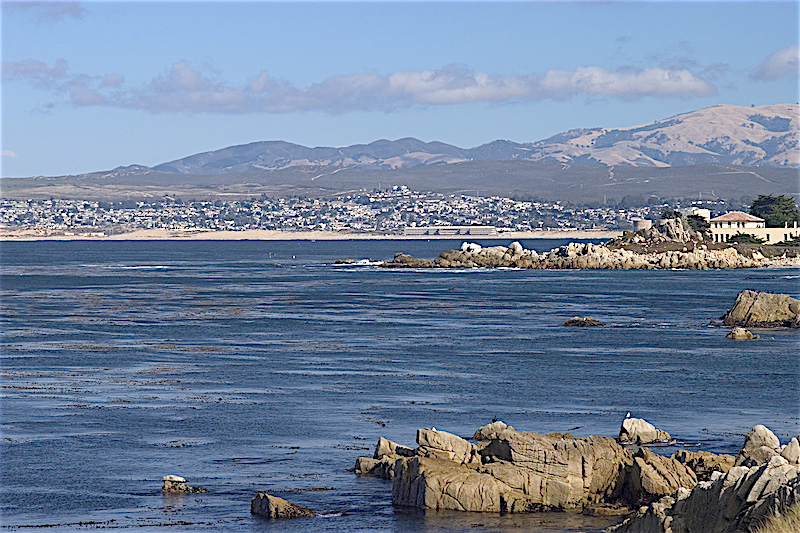Reliable navigation and positioning are becoming imperative in more and more applications for safety-critical purposes, public services and consumer products. A robust localization solution, which will be available continuously is needed regardless of the specific environment, i.e., outdoors and indoors, and on different platforms such as stand-alone navigators and mobile devices.
Reliable navigation and positioning are becoming imperative in more and more applications for safety-critical purposes, public services and consumer products. A robust localization solution, which will be available continuously is needed regardless of the specific environment, i.e., outdoors and indoors, and on different platforms such as stand-alone navigators and mobile devices.
The 7th edition of International Conference on Localization and GNSS addresses the latest research on wireless and satellite-based positioning techniques to provide reliable and accurate position information with low latency. The emphasis is on the design of mass-market navigation receivers and related tools and methodologies.
The scope includes (but is not limited to) the following topics:
• Antennas and RF front-end for GNSS receivers
• Design, prototyping and testing of positioning devices
• Acquisition, tracking and navigation algorithms
• Detection and mitigation techniques for adverse propagation conditions
• Wireless and sensor-based localization
• GNSS applications for remote sensing, ionospheric sounding and space weather
• Precise timing for GNSS and terrestrial systems
• Security and privacy in joint communication and navigation systems
• Authentication and privacy aspects of positioning
• Spoofing countermeasures
• Cooperative and peer-to-peer positioning
• Positioning based on signals-of-opportunity
• Multi-GNSS receivers and emerging navigation satellite systems
• Indoor positioning and localization in densely populated urban areas
• Hybrid NAV/COM positioning
• Cognitive positioning architectures
• Positioning for autonomous systems (robots, planes, land and marine vehicles)
• Crowd-sourced and swarm localisation
• Location-based mobility models, services and applications




_-_Sunset_-_2008-05-06-19-56-02.jpg)
